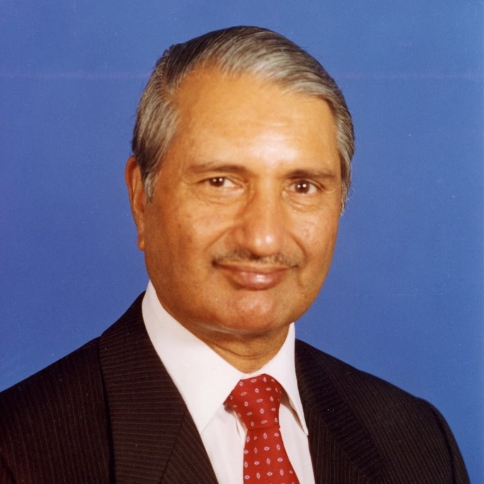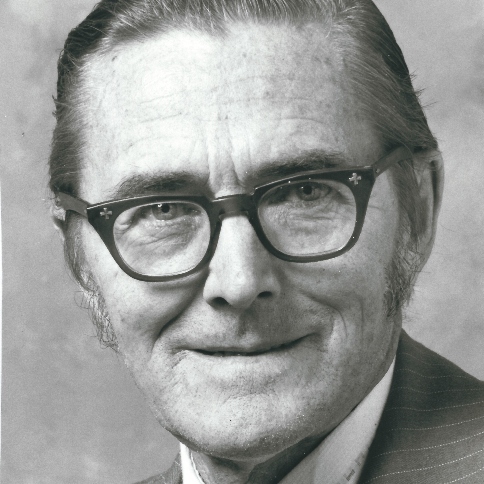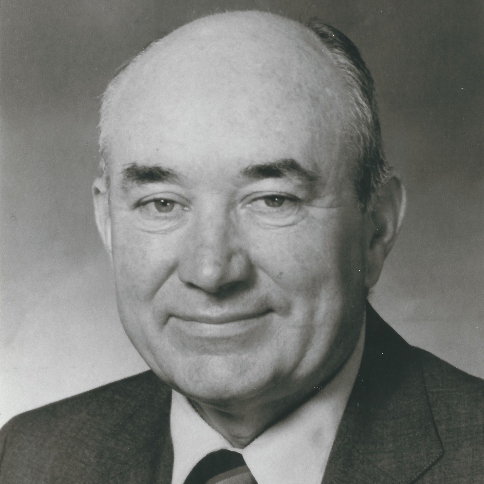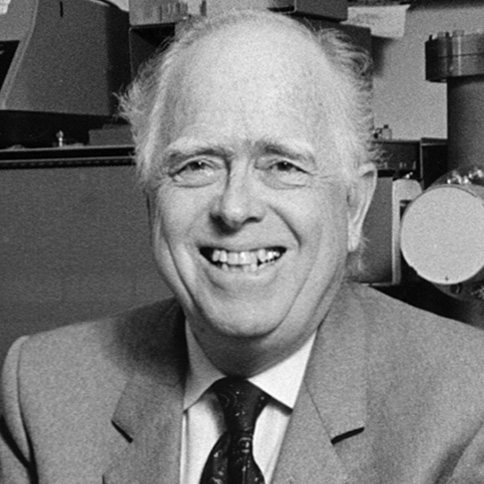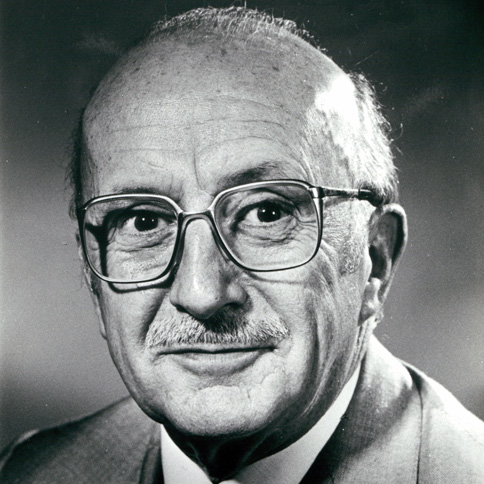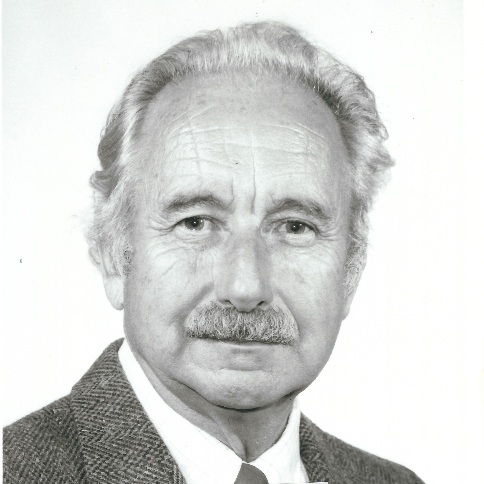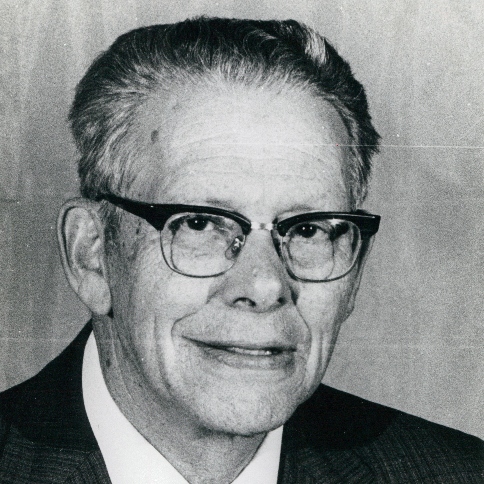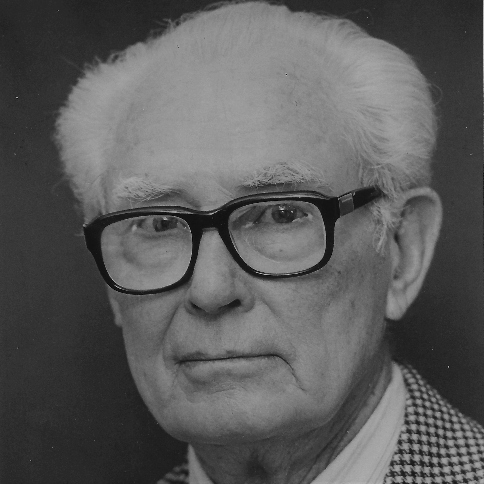
Ilan Chet
Wolf Prize Laureate in Agriculture 1998

Ilan Chet
Affiliation at the time of the award:
The Hebrew University of Jerusalem, Israel
Award citation:
“for their contributions to the environmentally safe development of world agriculture through innovative approaches in breeding and bio-control”.
Prize share:
Ilan Chet
Baldur R. Stefansson
Prof. Ilan Chet is internationally recognized as a pioneer in the field of biological control of plant pathogens which cause major crop losses. This field is of primary importance in the protection of crops as an alternative to environmental contamination by hazardous pesticides. He has pioneered the application of fungal physiology and the use of micro-organisms for biological control of plant diseases. His research combines in-depth knowledge of the physiology and the biochemistry of the fungi at the cellular and molecular levels, seeking explanations for pathogenic processes.
Professor Chet’s ability to effectively link fundamental and applied aspects of such diverse fields as plant pathology, soil microbiology and biotechnology led to the development of novel biological control agents which are now successfully used as commercial products. Professor Chet has also trained and mentored a new generation of plant biologists and thus contributed to the wide- spread application of new biological approaches in agriculture.




























































